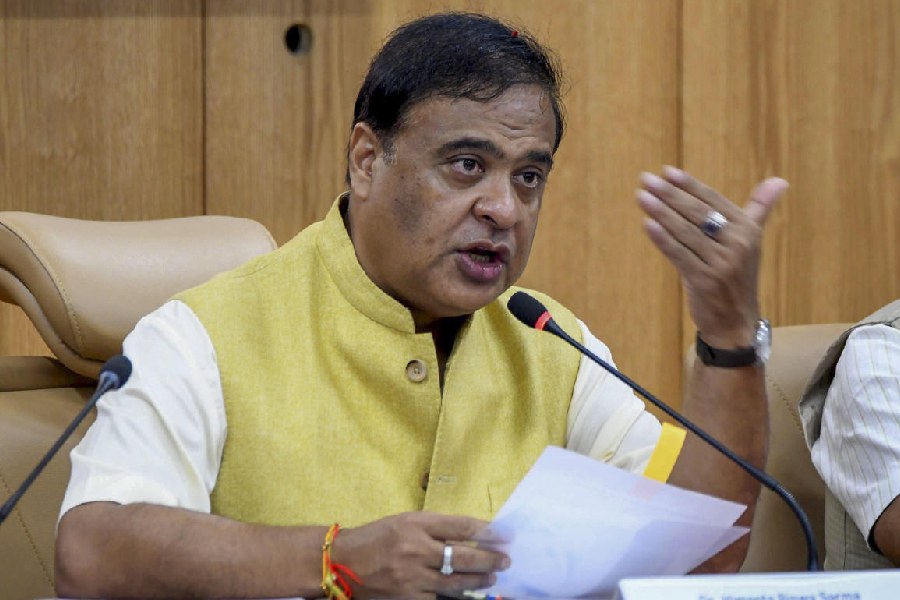The Economic Survey for 2019-2020 has been tabled in Parliament. It is an important document that puts together evidence about the economy’s performance in the current year, and lays the basis for policies to emerge during the budget session as well as later in the year. The Economic Survey pegs growth for the forthcoming year at 6-6.5 per cent. The current year’s projection was 7 per cent earlier, and the actual growth rate is going to be around 5 per cent, at best. Given the sharp slowdown, the rate of 6-6.5 per cent seems a bit too optimistic. Add to that the scepticism about the growth numbers. This year’s Survey tackles the questions raised about growth rates by a very technical chapter that concludes with a resounding “no” to the question whether the growth rates are overestimated. It points to financial weaknesses domestically and international headwinds as the two most proximate reasons for the slowdown.
The 6 per cent growth rate can be achieved only if the Central government eases the fiscal deficit and targets public spending towards the very poor and the unemployed. The tenor of the Survey, however, is quite different. It is a classic piece of conservative economics. The Survey revolves around the emphasis put on competitive markets and wealth creation. It is claimed that unless wealth is created, it cannot be distributed. However, given the alarming increase in economic inequality, there is simply no evidence to suggest that new wealth is distributed equitably. The call for “Assemble in India” (diluting the earlier slogan of ‘Make in India’) requires new enterprises and start-ups. It also calls for pro-business policies that favour new entrants into business rather than favouring the incumbent, vested, private interests. This sounds fine, and that is how it ought to be. However, it is patently clear given the condition of banks and non-banking financial companies that there is no vibrant financial ecosystem that can support new ideas and new ventures. The Survey discusses the importance of improving governance in banks and increasing trust through transparent disclosures. Obtaining risk-credit and venture capital, therefore, will continue to remain difficult.
As for exports, there is a suggestion that the economy get into networked industries and have super-specialized labour-intensive manufacturing. If this means that high-tech components are to be produced by high-skill workers, it would be unrealistic to make the transition in the short term. The Survey also includes a chapter called “Thalinomics”. Since food is supposed to be important to the poor, the Survey has shown that an average vegetarian thali is now 29 per cent more affordable compared to 2006-2007. The average non-vegetarian thali is more affordable by 18 per cent. Yet, the Survey admits that food prices have risen in 2019. It is unclear as to why this chapter was included at all. It is an infantile attempt to deny the problems of the present times.










